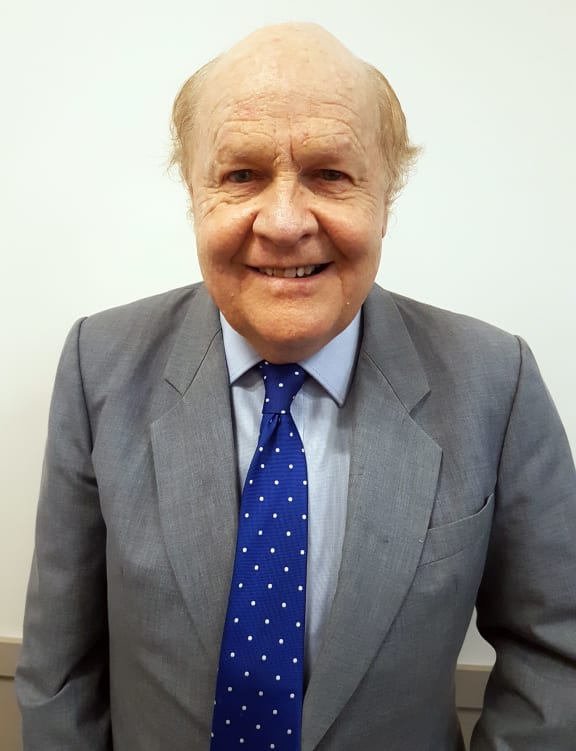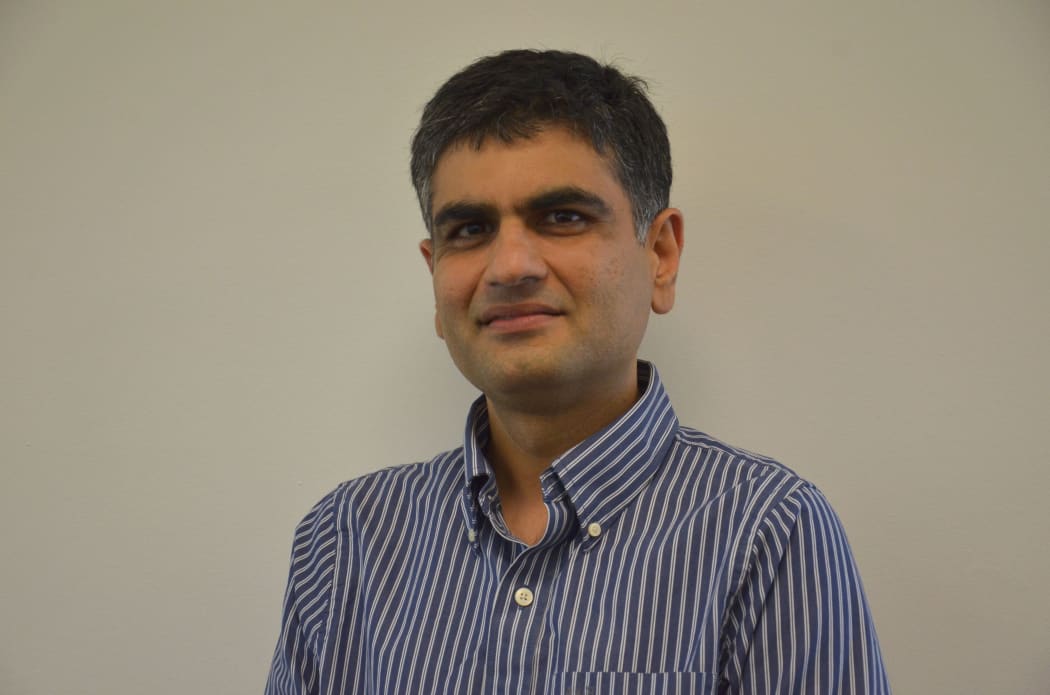One in five people suffers from chronic pain that can wreck relationships, jobs and lives, new research shows.

Photo: 123RF
The findings of the report by research group Sapere, for the Faculty of Pain Medicine in the Australian and New Zealand College of Anaesthetist, has led to calls for a national pain strategy.
The college and faculty want a boost to training of pain specialists and the workforce generally, and funding of more public hospital-based multi-disciplinary pain clinics.
Faculty head Ted Shipton, an anesthetist at Burwood Hospital in Christchurch, said 770,000 people in New Zealand suffered from chronic pain - very different from acute pain which has a protective function.
"In other words, if you develop acute appendicitis and you get sore in your abdomen it's alerting that there's some problem there and you go and take the appendix out, it all heals up and the pain goes away."

Ted Shipton. Photo: Supplied / ANZCA
In contrast, persistent or chronic pain, which can last more than six months and occur daily, is only destructive.
"First [it] destroys your sleep, then after that because you're fatigued your mood goes down, then it affects your relationship in the home, your kids, your spouse. Then you may lose your job - so it results in unemployment - and then it results in your going on a welfare benefit."
He said it often resulted in early retirement so there was also a real loss of income, and it could also lead to harmful opioid use.
Professor Shipton said chronic pain was also a cause of much disability, and poverty disproportionately affecting Māori, Pasifika and women.
The report also said New Zealand had just 11 full-time chronic pain specialists, when four times that number was needed. Only three specialists were being trained at a time, which was regarded as far too few.
"More hospital-based muilti-disciplinary pain clinics around the country would stem the rising cost and impact of chronic pain in New Zealand," Prof Shipton said.
Chronic pain is complex and needs a complex response, he said.
"That might mean assessment of pain conditions, prescribing medication, co-ordinating rehabilitation, performing medical procedures, counselling patients and families, leading a multi-disciplinary team, cooperating with other healthcare professionals, and liaising with public and private agencies."

Pain specialist Tipu Aamir says the few pain services outside Auckland are often not adequately staffed. Photo: RNZ / Karen Brown
Tipu Aamir, a pain specialists at The Auckland Regional Pain Service TARPS, said there were pain services in the greater Auckland area and elsewhere including Wellington and Christchurch but outside Auckland they were often not adequately staffed.
Patients' main request was for earlier treatment, he said.
An Aucklander who has managed her chronic pain for six years, Deb Thompson, said it was a constant presence in her life, but she did not let it get her down.
"I mean, there are times when I'm .. it's pretty awful but I keep going, and that's because I have to," she said.
More pain clinics were needed, she said, because they were helping people like her to bear the pain they were in.




